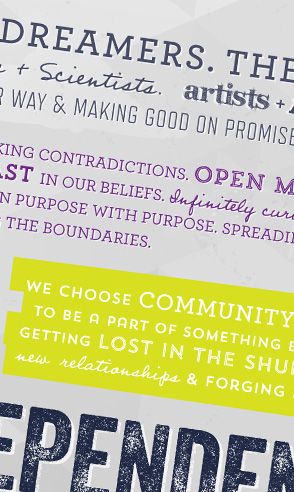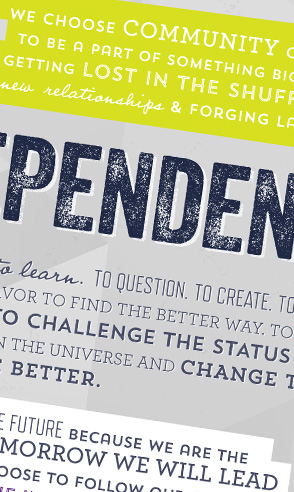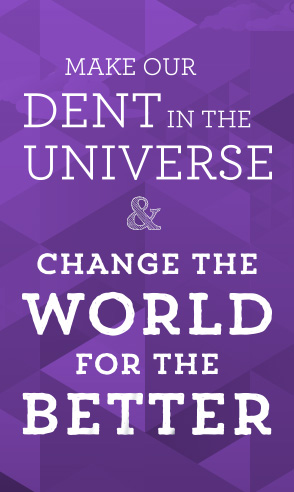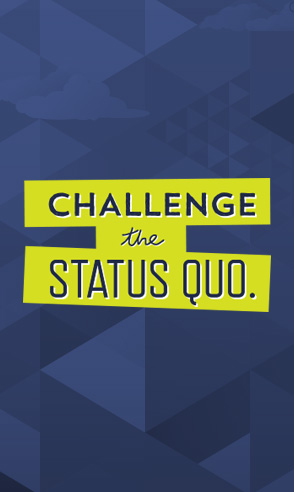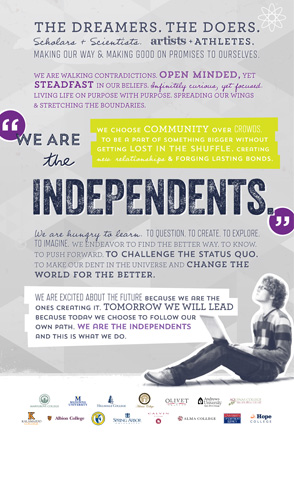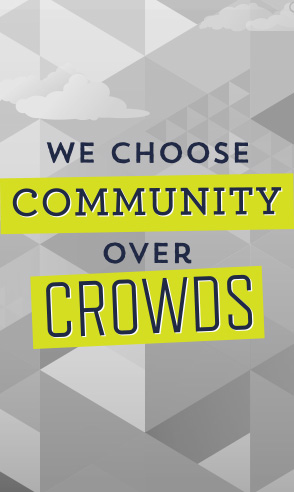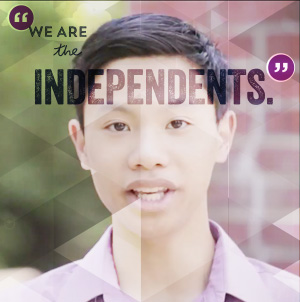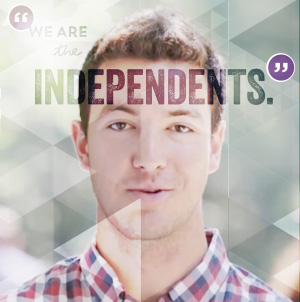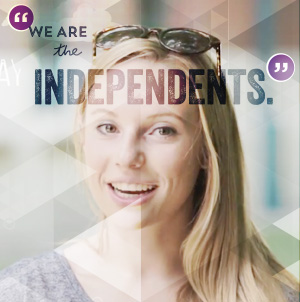Blog
Aquinas College Tackles Apocalypse (and Antibiotics)

Close your eyes and picture it. An apocalypse brought on by commonplace infections. There is no antidote. Three-hundred million die.
It’s not “The Walking Dead.” It’s Planet Earth, year 2050, if nothing is done to prevent the spread of microbes immune from medication that once treated them. It’s a scenario known as “antimicrobial resistance” and it’s one of the planet’s biggest threats.
Fortunately, the students at Aquinas College are on the case. The school recently was selected to join the Small World Initiative, a venture launched by Yale University in 2012 that enlists worldwide students to ward off the threat.
The students join those at 109 colleges who will take part in hands-on training and search for leads to new antibiotics.
“Our biology faculty are excited to be a part of this innovative program which will give our students more opportunities to engage in authentic research,” said Jennifer Hess, Ph.D., associate professor of biology at Aquinas College.
Starting in 2017, students in introductory biology will collect soil samples, isolate bacteria and test it against microorganisms. They’ll compare findings with students worldwide.
And who knows? They may just help stave off a catastrophe. If not, they’ll learn about the scientific method and likely become more interested in careers in science.
“Students are going to really get to see the scientific process in action,” Hess told MLive.
“We think by students taking ownership of this research it will help them stay more engaged in the scientific field.”
Marrying the best of academic traditions with hands-on learning — while tackling big problems and trying to make the world better. That’s the cornerstone of the experience at Aquinas and Michigan’s 15 independent colleges and universities.
Unlike big state schools, classes are taught by award-winning faculty, not teaching assistants. Class sizes are small, allowing students to form lifelong bonds with award-winning expert as well as a nurturing network of alumni who help after graduation.
All the schools emphasize community over crowds and help students forge their own paths.
And despite what you may have heard, independents are often less expensive and boast higher four-year graduation rates that big universities.
Be bold. Be different. Go independent.


